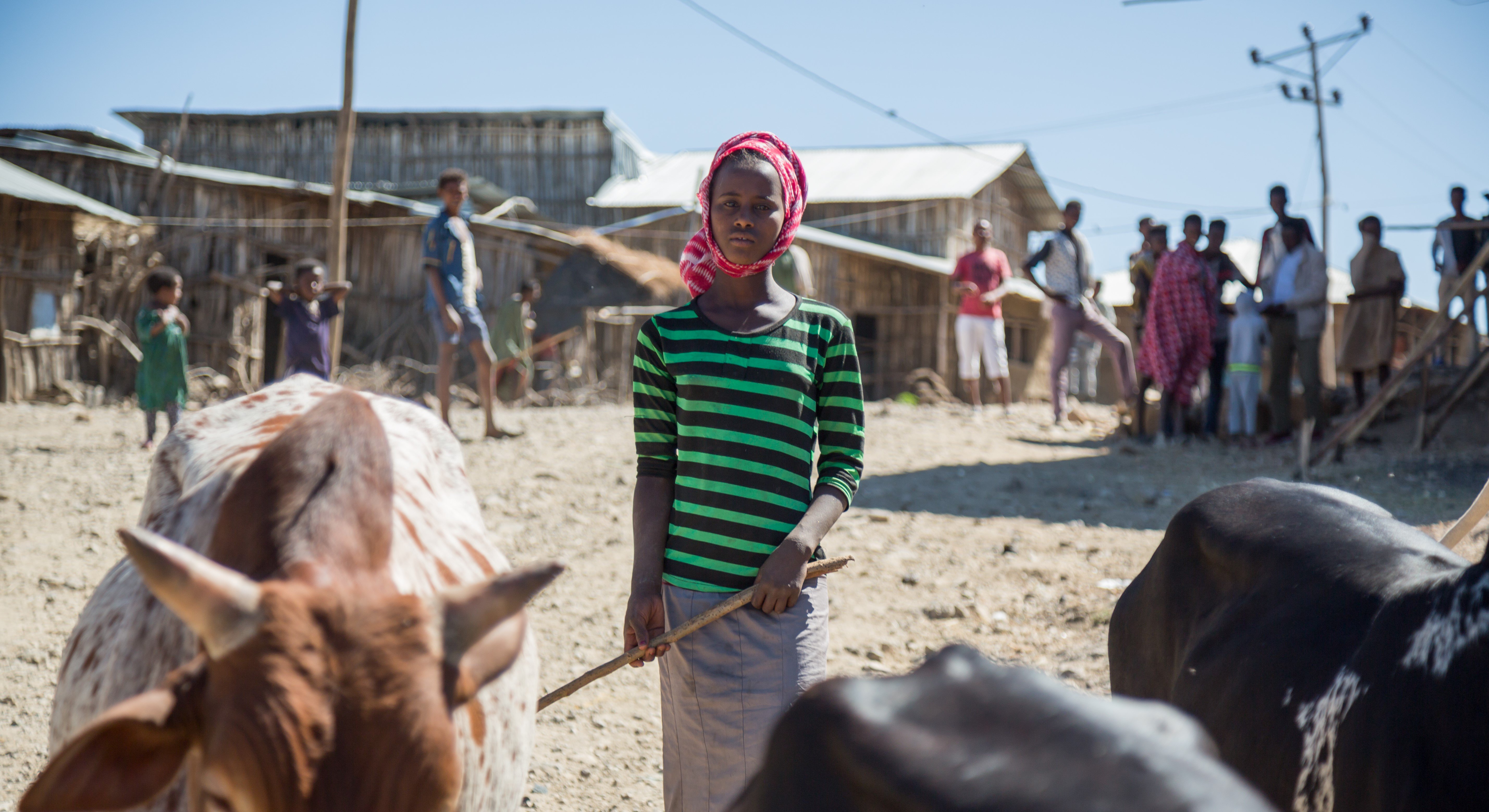The official number of Covid-19 cases in Ethiopia is still low, but there are considerable concerns that transmission of the virus could rapidly expand in the coming weeks and months and quickly overpower the country’s under-resourced health system. The government of Ethiopia has taken a number of measures, including declaring a state of emergency for five months, implementing mass communication around social distancing and hygiene preventative measures, banning public gatherings, closing schools and universities, and announcing the delay of highly anticipated national elections previously scheduled for August 2020. Transporting links from urban to rural areas have also been heavily reduced to interrupt transmission pathways and several large regional cities implemented a temporary lockdown when Covid-19 cases were found there. While national borders have officially been closed, significant numbers of international Ethiopian migrants continue to return, and in some cases are being deported, for example, from Saudi Arabia.
This policy brief is the first in a cross-country series designed to share emerging findings in real time from qualitative interviews with adolescents in the context of Covid-19.

